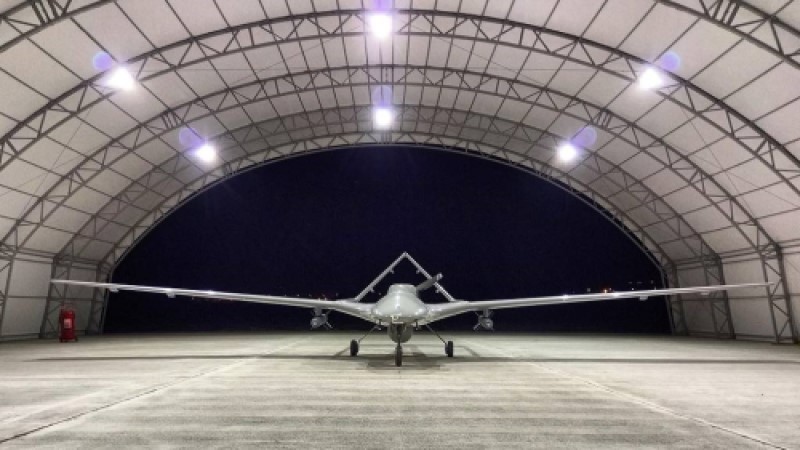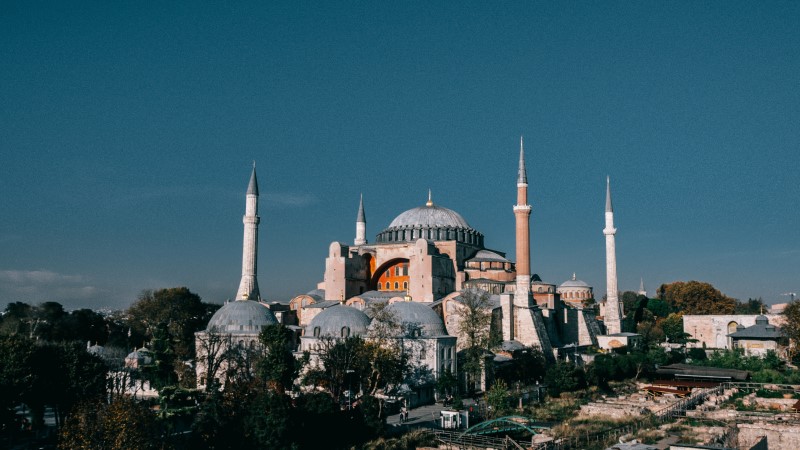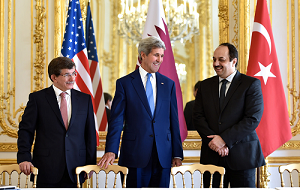Turkey, Ukraine and Russia: The Illusion of Neutrality
By Natalia Konarzewska
March 4, 2022
Turkey insists on maintaining close relations both with Russia and Ukraine, but this balancing act has become near-impossible to maintain after the Russian invasion of Ukraine. A week into the invasion, Kyiv received a new batch of drones from Turkey that have already proved their effectiveness against the Russian forces. Even though Turkey will seek to maintain a balance as far as possible, its strong military ties with Ukraine speak of its geopolitical ambition to contain Russia. Turkey’s relation with Russia is transactional, while its commitment to the defense of Ukraine is an expression of Turkey’s strategic vision and its adherence to the geopolitical goals of the Western alliance. That will ultimately prove decisive.

Five Years after July 15: Erdogan’s New Turkey and the Myth of Its Immaculate Conception
By Gareth Jenkins
July 15, 2021
Five years after the July 15-16, 2016, failed coup attempt that enabled Turkish President Recep Tayyip Erdoğan to consolidate his authoritarian rule, many of the questions about what happened that night remain unanswered. Nevertheless, the regime’s narrative about the putsch has become the foundation myth for what Erdoğan and his supporters claim is the emergence of a “New Turkey” – the global defender of the world’s Muslims and a regional superpower, which is constantly thwarting Western plots to undermine it. But not only is this narrative deeply flawed but it is clear that the regime is hiding something. The only question is whether it is complicity, incompetence or both.

Engulfed in the Gulf: Erdoğan and the Qatar Crisis
By Svante Cornell
June 29, 2017
The Gulf crisis over Qatar is once again catapulting Turkey into the politics of the Middle East, for which it is woefully unprepared. After a brief attempt at neutrality, Ankara threw in its lot with Doha, condemning the sanctions imposed by a Saudi-led coalition and accelerated its deployment of troops to a new base in Qatar. This decision risks upsetting President Erdoğan's tenuous rapprochement with Saudi Arabia, and reflects the continued ideological prism guiding Turkish foreign policy. But it also reflects a concern with regime security. At least in part, Erdoğan's embrace of Qatar reflects a belief that the same forces that supported the overthrow of Egypt's Muhammad Morsi welcomed the July 2016 failed coup in Turkey and now seek regime change in Doha. If so, Turkey's stance is unlikely to change, indicating a standoff may in the making.

Belge: Erdoğan and the military
Murat Belge in Birikim notes that Tayyip Erdoğan has made an alliance with the military, but he asks if this also means that there’s an agreement between the president and the generals. An agreement means that those who have made it decide to abandon defending at least some of the things they respectively believe in. It doesn’t mean that two sides have come to share the same views, only that they have created a basis that allows for them to co-exist side by side. I’m of the opinion that Tayyip Erdoğan believes that he has reached such an “agreement” with the Armed Forces, or more correctly with its current high command. At the same time, I’m of the opinion that this is not an “agreement.” Above all, Tayyip Erdoğan himself hasn’t changed his mind about anything. But there can still be “common goals,” as for instance the present Kurdish policy. On this point they have met. Moreover, the stance toward Europe also seems to present a potential point of convergence. If the stance of the military is still the same as it was during the 1990’s, then this means that the military is against the EU. And Tayyip Erdoğan has no sympathy toward the EU. To sum, my opinion is that there is no “agreement” between the Armed forces and Tayyip Erdoğan regarding certain principles, but that there is a “cease-fire.” Every cease-fire has the potential of evolve into an agreement, and that can very well happen. However, this is not going to be an agreement about respecting the principles of democracy and on paving the way for democratization. That much can be predicted today.



